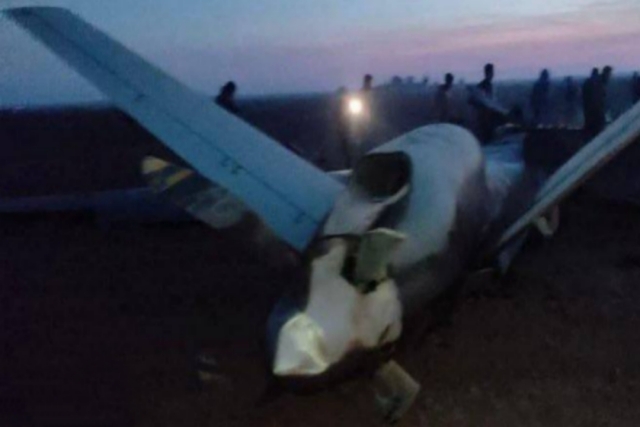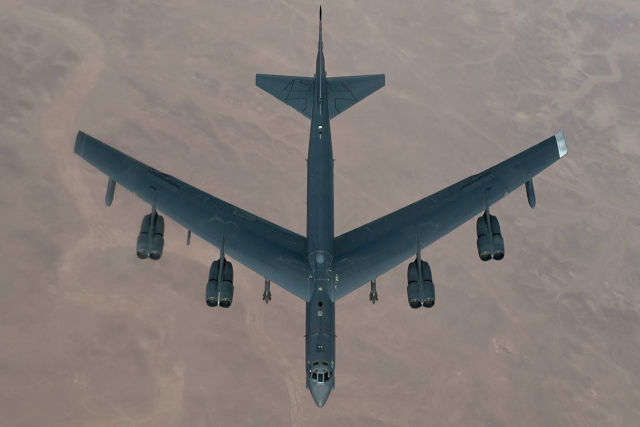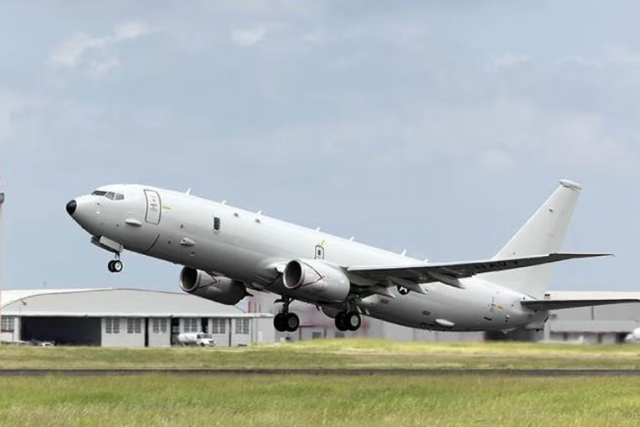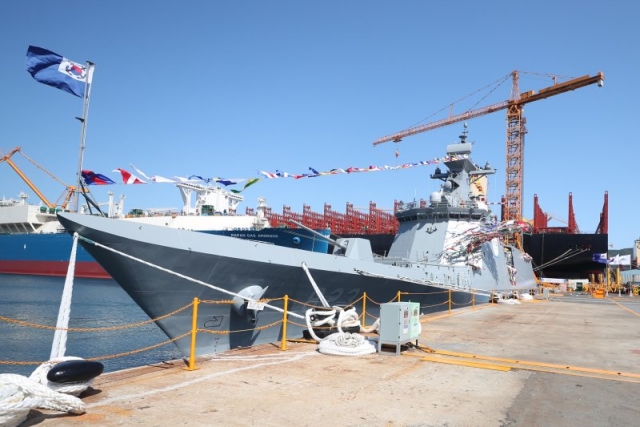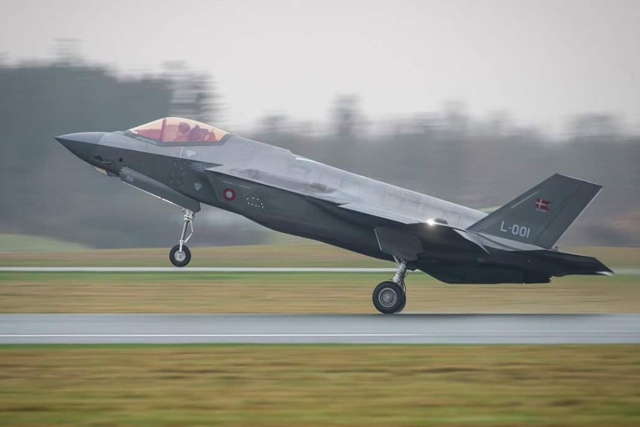Israel Cripples Syrian Naval Fleet, Air Force in 2 Days of Bombing
Israel’s military reports conducting more than 400 attacks on Syria over the past 48 hours.
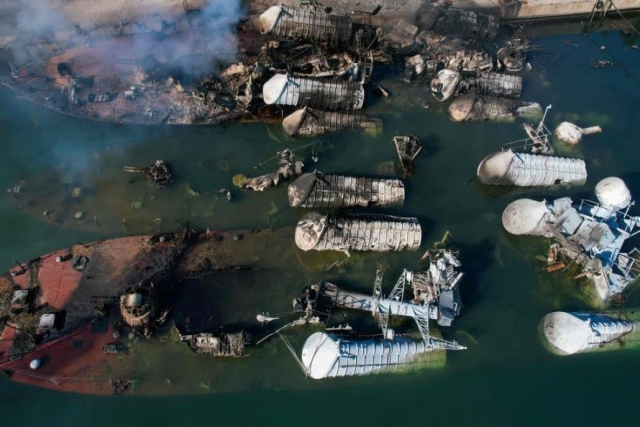
Over the past 48 hours, Israel has conducted an intense series of airstrikes in Syria, targeting what it describes as critical remnants of the Syrian Arab Army's (SAA) military capabilities.
Israel’s military reports conducting more than 400 attacks on Syria over the past 48 hours.
The Israeli Navy struck Al-Bayda and Latakia ports, destroying 15 Syrian naval vessels and dozens of sea-to-sea missiles with ranges of 80–190 km, which it claimed, posed significant threats to civilian and military maritime vessels.
Manned aircraft conducted 350+ aerial strikes, flying hundreds of hours over Syrian airspace. The strikes targeted anti-aircraft batteries, airfields, and weapons production sites in cities such as Damascus, Homs, Tartus, Latakia, and Palmyra.
Numerous strategic assets were neutralized, including Scud missiles, cruise missiles, various surface-to-surface and air-defense missiles, UAVs, fighter jets, attack helicopters, radars, tanks, and hangars. Ground operations destroyed 130 additional assets, including weapons depots, military structures, launchers, and firing positions.
The strikes reportedly hit hundreds of sites, including weapons depots, air defense systems, research centers, and military bases across multiple regions such as Damascus, Homs, Hama, and Hasakah.
Key facilities targeted include the Syrian Scientific Research Center in Damascus, once linked to chemical and missile programs under the Assad regime, and the electronic warfare headquarters near Al-Bahdalia in the capital's suburbs. In northern Syria, the Qamishli airbase, under Kurdish control but previously housing Russian forces, was also bombed, as was the port of Latakia, destroying remnants of the Syrian naval fleet.
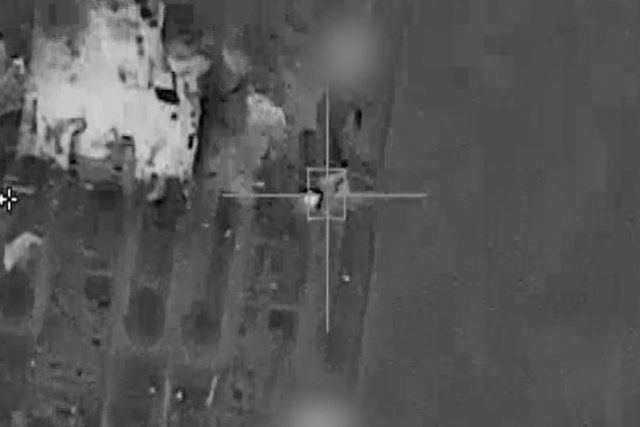
The attack on Qamishli airbase indicates Israel's focus on eliminating all remnants of Assad's military assets regardless of territorial control. Israeli officials state the strikes aim to prevent hostile governments or prolonged conflicts that could arm rebel groups against Israel.
“The goal is clear, which is to withdraw weapons that could at some point be directed against Israel,” said Michael Horowitz, head of intelligence at the Israel-based consulting firm Le Beck.
Expanding Israeli control
Amid the airstrikes, Israel has expanded its presence in the Golan Heights, moving troops into the demilitarized buffer zone along the Syrian border. Israeli tanks were reportedly positioned 21 kilometers from Damascus. Israeli officials stated the deployment remains within the buffer zone's boundaries and is aimed at preventing hostile forces from threatening Israel's borders.
Iran’s Supreme Leader Ayatollah Ali Khamenei claimed that the fall of Bashar al-Assad in Syria was part of a joint plan by the U.S. and Israel. He also mentioned Turkey’s involvement but reiterated that the U.S. and Israel were the main conspirators.
Prime Minister Benjamin Netanyahu justified the actions, citing the October 7 Palestinian Hamas-led attack as a turning point in Israel's border security strategy.
Israel’s actions have drawn criticism from several Arab nations, including Qatar, Kuwait, Iraq, and Egypt, which described the strikes as a violation of Syrian sovereignty and international law. Egypt specifically accused Israel of undermining regional stability.
![Israeli military vehicles enter the buffer zone near Majdal Shams in the Golan Heights, December 10, 2024 @Jalaa Marey/AFP]. Israel Cripples Syrian Naval Fleet, Air Force in 2 Days of Bombing](https://www.defensemirror.com/uploads//news/big/4c_1733905263.jpg)
Mairav Zontzei, a senior analyst at the International Crisis Group, acknowledged Israel’s legitimate security concerns but raised doubts about whether its actions are temporary. She warned that security measures could evolve into territorial expansion, similar to West Bank settlements.
With Syria's leadership uncertain and the risk of prolonged civil war, Israel's strategy, according to Avner Golov, former senior director at Israel's National Security Council, focuses on disrupting the Iranian land corridor to Lebanon and preventing the spread of Sunni jihadist influence from Turkey to Egypt.
Israel is concerned about attacks by Turkish-backed Sunni militias on the Kurdish minority and Syrian Druze, an Arabic-speaking group near the Israeli border with ties to Israel's Druze population.
Ahmad al-Shara' (Abu Mohammed al-Golani), leader of Hayat Tahrir al-Sham (HTS), who has worked to soften the group's Islamist image, called for tolerance among Syria's religious communities.
While HTS supported Hamas’s October 7 attack and expressed solidarity with Palestinians, analysts say the group is currently focused on consolidating power in Syria and is unlikely to threaten Israel.
Israel and Syria have been in a state of war since 1948, with no Syrian government recognizing Israel, and the U.S. recognized Israeli sovereignty over the Golan Heights in 2019.
